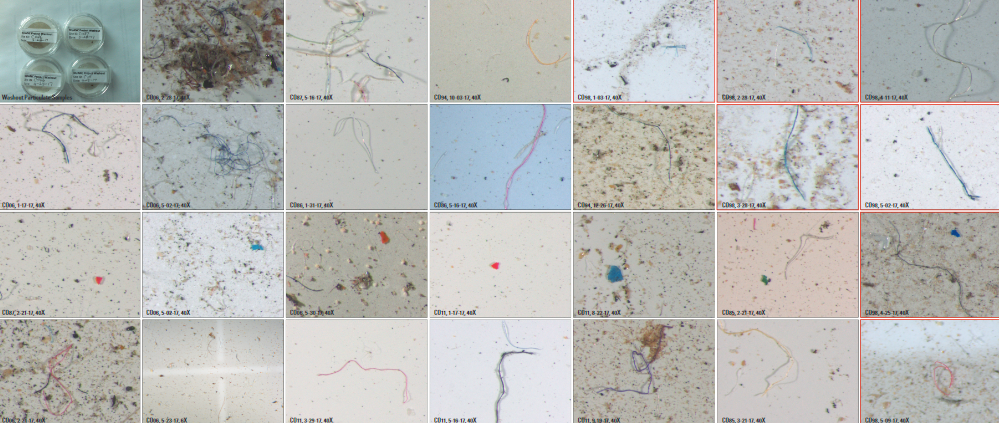I recently had the opportunity to watch your latest documentary titled “A Life on Our Planet” (https://www.imdb.com/title/tt11989890/). I am grateful that you have committed your life’s work to sharing the natural wonders of our planet with viewers and trying to instill wonder for life within multiple generations of people. Your witness statement is a clear and unmistakable call to action. Your voice and expressions are clearly pained by what you have observed over your lifetime. I deeply appreciate that you understand what is occurring to the earth (not just intellectually, you feel it within you as well).
The approximately first ⅔ of the documentary is a must-watch by every single human living within agricultural and industrial societies. The case you have made is compelling. However, the approximately final ⅓ of the documentary, where you lay out a vision of the future, will not achieve your goals (as I interpret them). It is the final portion of your vision that I am writing about to you.









